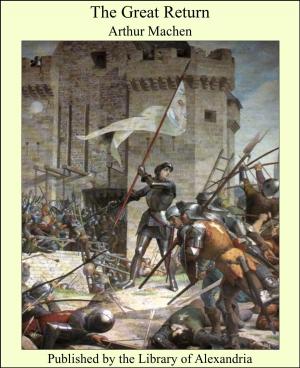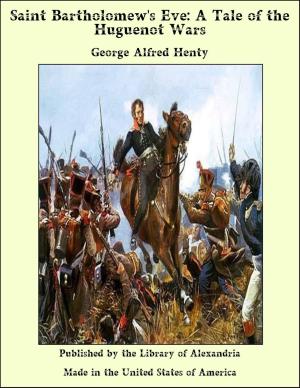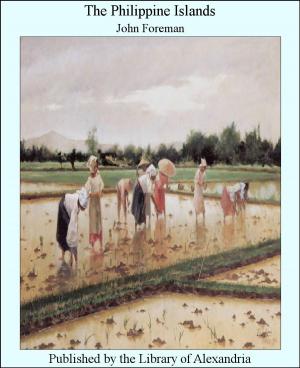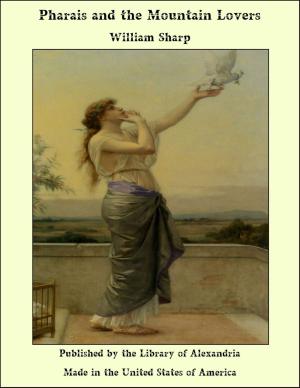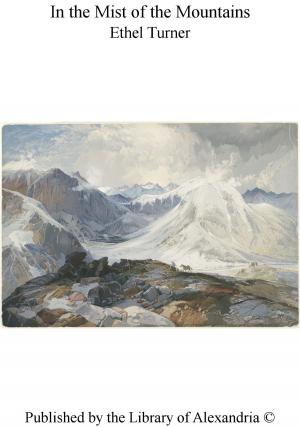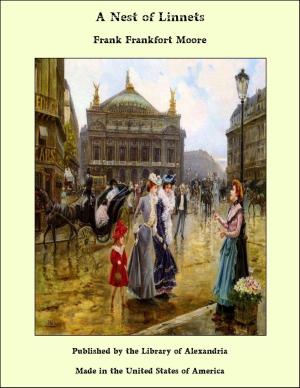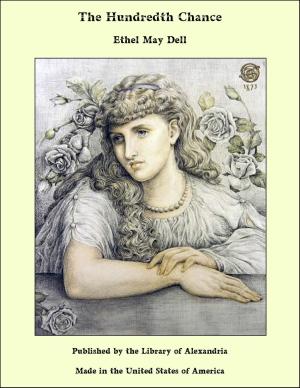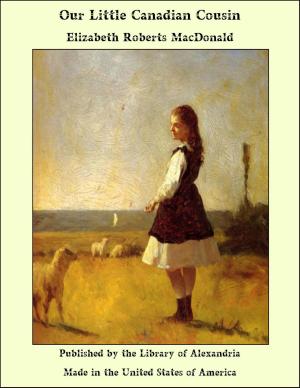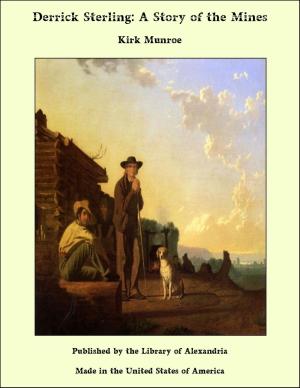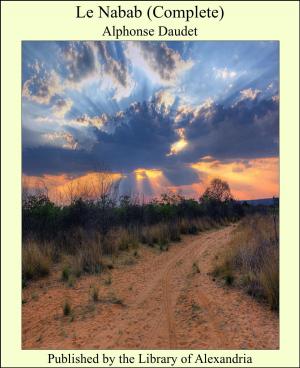The Thin Red Line and Blue Blood
Nonfiction, Religion & Spirituality, New Age, History, Fiction & Literature| Author: | Arthur George Frederick Griffiths | ISBN: | 9781465604224 |
| Publisher: | Library of Alexandria | Publication: | March 8, 2015 |
| Imprint: | Language: | English |
| Author: | Arthur George Frederick Griffiths |
| ISBN: | 9781465604224 |
| Publisher: | Library of Alexandria |
| Publication: | March 8, 2015 |
| Imprint: | |
| Language: | English |
And then a minute or two later came the signal for the whole line to advance. The Highlanders, and those with them, swiftly mounted to the crest of the ridge, and met the charging cavalry with a withering volley. A second followed. The enemy had no stomach for more; reining in their horses, they wheeled round and fell back as they had come. This, however, was only the beginning of the action. Heavy columns of the enemy now appeared in sight, cavalry and infantry, with numerous artillery crowning the eastern hills. A portion occupied the redoubts abandoned by the Turks, and the attitude of the Russians was so menacing that it seemed unlikely we could stay their onward progress. For the moment no troops could be interposed but the British cavalry—the two brigades, Light and Heavy—which had their encampment in the plain, and had been under arms, commanded by Lord Lucan, since daybreak. "We must have up the First and Fourth Divisions," Lord Raglan had said, when he arrived on the battle-field soon after eight in the morning; at first he had treated the news of the Russian advance lightly. Many such moves had been reported on previous days, and all had ended in nothing. "Let the Duke of Cambridge and Sir George Cathcart have their orders at once. We must trust to the cavalry till the infantry come up. Tell Scarlett to support the Turks." But the Turks had given way before General Scarlett could stiffen their courage, and as his brigade, that of heavy cavalry, trotted towards the redoubts, other and more stirring work offered itself. The head of a great column of Russian horse, three thousand sabres, came over the crest of the hill and invited attack.
And then a minute or two later came the signal for the whole line to advance. The Highlanders, and those with them, swiftly mounted to the crest of the ridge, and met the charging cavalry with a withering volley. A second followed. The enemy had no stomach for more; reining in their horses, they wheeled round and fell back as they had come. This, however, was only the beginning of the action. Heavy columns of the enemy now appeared in sight, cavalry and infantry, with numerous artillery crowning the eastern hills. A portion occupied the redoubts abandoned by the Turks, and the attitude of the Russians was so menacing that it seemed unlikely we could stay their onward progress. For the moment no troops could be interposed but the British cavalry—the two brigades, Light and Heavy—which had their encampment in the plain, and had been under arms, commanded by Lord Lucan, since daybreak. "We must have up the First and Fourth Divisions," Lord Raglan had said, when he arrived on the battle-field soon after eight in the morning; at first he had treated the news of the Russian advance lightly. Many such moves had been reported on previous days, and all had ended in nothing. "Let the Duke of Cambridge and Sir George Cathcart have their orders at once. We must trust to the cavalry till the infantry come up. Tell Scarlett to support the Turks." But the Turks had given way before General Scarlett could stiffen their courage, and as his brigade, that of heavy cavalry, trotted towards the redoubts, other and more stirring work offered itself. The head of a great column of Russian horse, three thousand sabres, came over the crest of the hill and invited attack.


